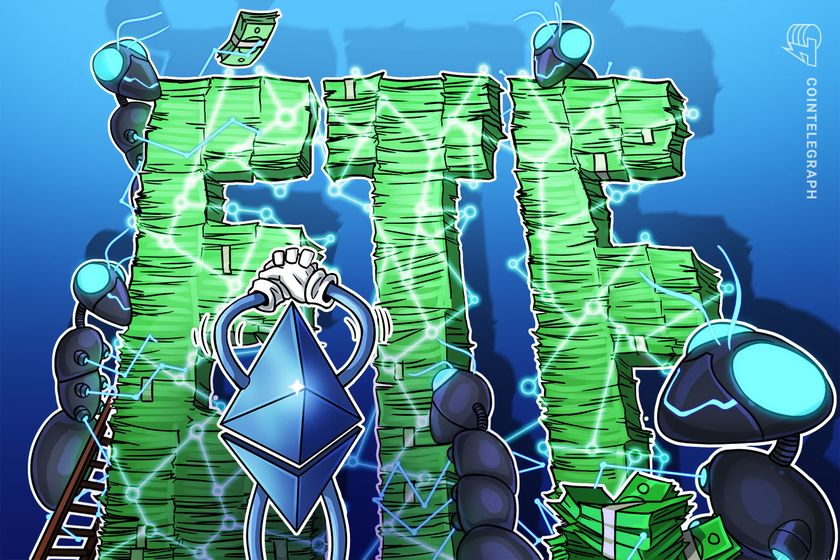Biden won’t accept debt deal protecting crypto traders

United States President Joe Biden has expressed opposition to a debt ceiling deal that he says would benefit “wealthy tax cheats and crypto traders” while putting food assistance programs at risk.
United States President Joe Biden expressed opposition to a debt ceiling agreement with Republican leaders that would allegedly benefit crypto traders. Attending the Group of Seven (G7) Summit in Hiroshima, Japan on May 21, Biden called the Republicans’ proposed terms “unacceptable” during a press conference.
“I’m not going to agree to a deal that protects wealthy tax cheats and crypto traders while putting food assistance at risk for nearly a hundred — excuse me — nearly 1 million Americans.”
The alleged protections for crypto traders refer to tax-loss harvesting. According to the Washington Post, there’s an ongoing discussion between the White House and Republican leaders about blocking that the mechanism for cryptocurrency transactions.
Crypto tax-loss harvesting is a strategy that investors use to reduce their overall tax liabilities. It involves selling a cryptocurrency at a loss to offset capital gains from crypto profit. To claim a loss, the assets must be sold, and the proceeds must be used to purchase a similar asset within 30 days before or after the sale. The mechanism is also available for stocks and other assets.
Related: US debt ceiling crisis: Bullish or bearish for Bitcoin?
Along with ending tax-loss harvesting for crypto, the White House pitched Republicans a similar proposal that bars investors from deferring taxes on real estate swaps. Both the changes would add about $40 billion in tax revenue for the U.S. government.
Republicans reject the proposals, a source told the Post. House Speaker Kevin McCarthy claims the U.S. debt rise is a “spending problem, not a revenue problem,” citing the Biden administration’s excessive spending during the pandemic. Meanwhile, the White House blames the debt issue on tax cuts from previous administrations, claiming revenue has been significantly affected by tax reductions.
Republicans want to close the deficit with $4.8 trillion in spending cuts, which would directly affect federal agencies’ budgets. If Congress fails to raise the debt ceiling, the U.S. could default as early as June 1. Biden will reportedly speak with McCarthy on the phone during his flight from Hiroshima to Washington, D.C.
In effect since 1917, the debt ceiling is the limit that Congress has set on how much money the federal government can borrow to pay i bills.
Magazine: Best and worst countries for crypto taxes — Plus crypto tax tips









